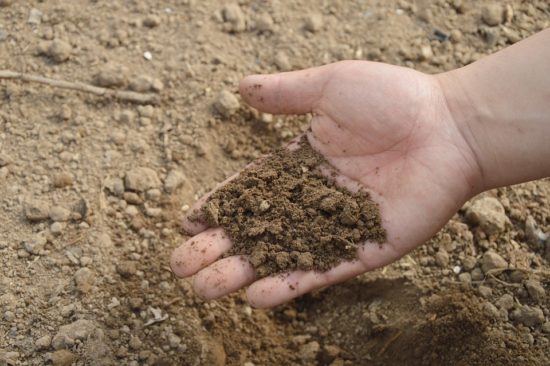Gene sequencing bacteria in natural environment sheds new light on antimicrobial resistance
A team of researchers from multiple institutions in the U.K. and the U.S. has learned more about the development of antimicrobial resistance by studying hundreds of samples of bacteria in their natural environments. In their paper published in the journal Science Advances, the group describes how they conducted genome sequencing on hundreds of bacterial samples collected from a wide variety of natural environments and what they learned by doing so.
Over the past decade, medical scientists have grown concerned as more of the kinds of bacteria responsible for infections grow immune to antimicrobial agents meant to kill them. Such antimicrobial resistance (AMR) has become more of a threat in recent times as resistance continues to grow. In this new effort, the researchers have looked at a type of bacteria that are behind intestinal infections. These Enterobacteriaceae include familiar bacteria such as E. coli.
AMR NEWS
Your Biweekly Source for Global AMR Insights!
Stay informed with the essential newsletter that brings together all the latest One Health news on antimicrobial resistance. Delivered straight to your inbox every two weeks, AMR NEWS provides a curated selection of international insights, key publications, and the latest updates in the fight against AMR.
Don’t miss out on staying ahead in the global AMR movement—subscribe now!







